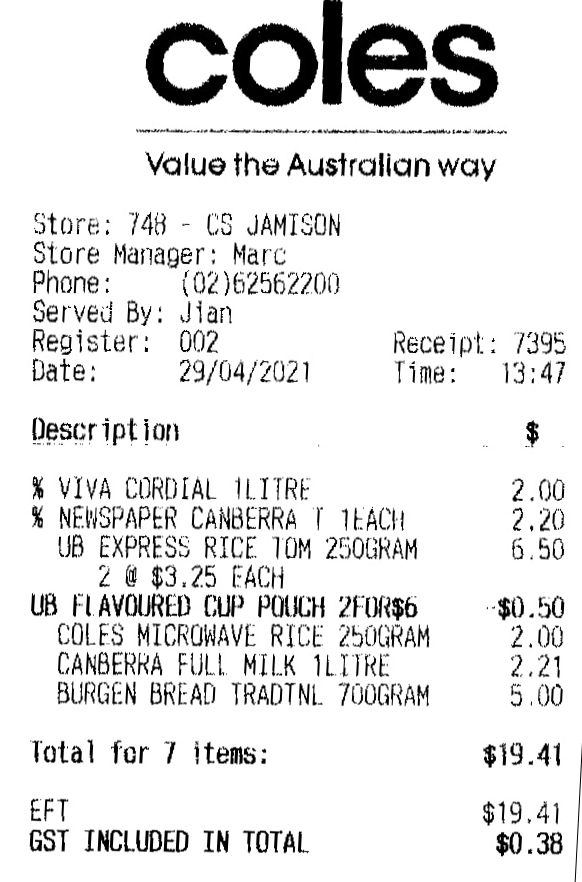Our eleventh annual report.
Category Archives: Members
2023 Vintage Reds Convenor’s Report
More fine work from the indefatigable Vintage Reds!
2022 Vintage Reds Convenor’s Report
Thanks to Garrett for a good year’s work.
Vintage Reds Convenor’s Reports 2014 to 2021
These reports are an invaluable resource, comprising details of the first eight years of the Vintage Reds at work.
Thanks to Jane for a fine body of work.
Members
Vintage Reds retired union members of the Canberra region welcome you to this page of reviews, commentary and union stories.
Members are encouraged to submit their work for publication here — an email to vintagereds.canberra@gmail.com will get you started!
How things have changed in Canberra – the sad story of Milk!
by Chris Warren
In 1996, as many will remember, many small businesses and workers delivered milk throughout Canberra’s suburbs. Using large amounts of labour and capital equipment, pint bottles were delivered, 7 days a week, at a cost of 65 cents per 600ml. This was $1.08 per litre (1996).
Well, how things have changed. In 2021 all these useful jobs have been destroyed and the incomes diverted to boosting profits of big capitalist concerns such as Coles. If bottles of milk were still supplied by workers, then a litre of milk, delivered, using Reserve Bank data for average inflation (2.3%), would cost $1.91. Instead, when not on ‘special’ a litre of Canberra milk costs $2.21.
At the same time, supermarkets use excessive market power to reduce payments to farmers for their raw milk and to cut the wages and working conditions for their workforces. All this is a consequence of milk market deregulation wrought in 2000-2001 – higher prices, less jobs, less service and, of course, higher concentration within industry.
Once an oligopolist such as Coles has captured almost all of the supply, they can then start to undercut remaining producers by inserting their own house brands, thereby boosting profits while appearing to do the right thing by their customers.
In normal years, Coles ends-up with over a billion dollars in profit, i.e. so-called EBIT (Earnings Before Interest & Tax). See https://archive.is/HM7dW.
In all this, workers, whether in supermarkets, on farms or delivering milk, are the losers.


